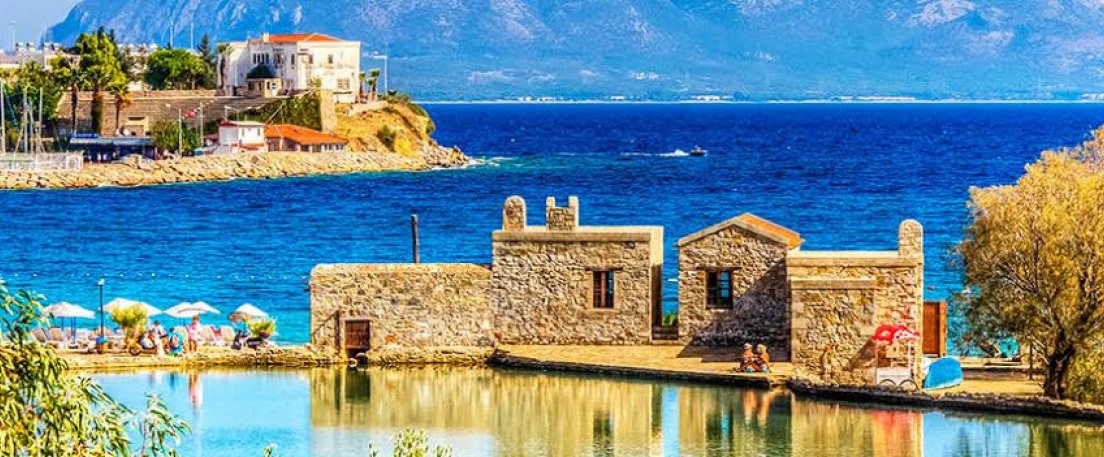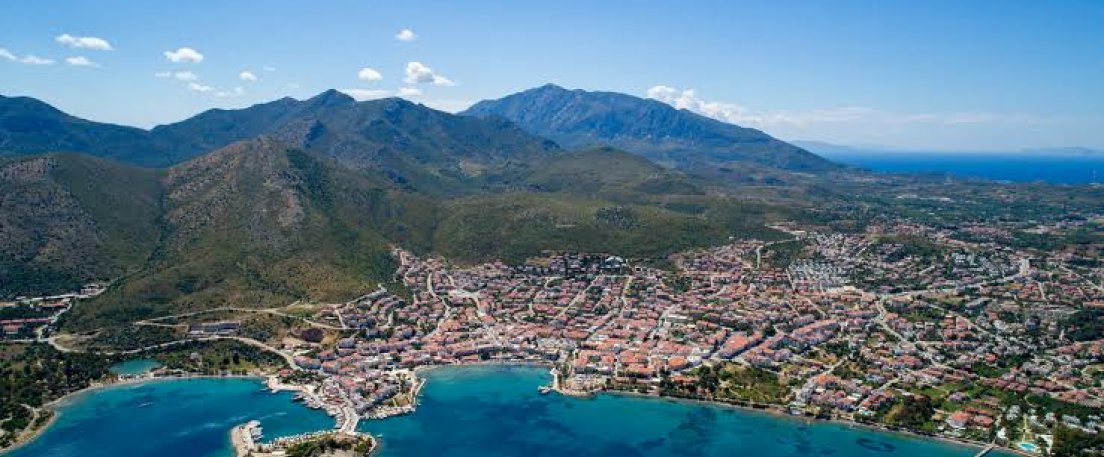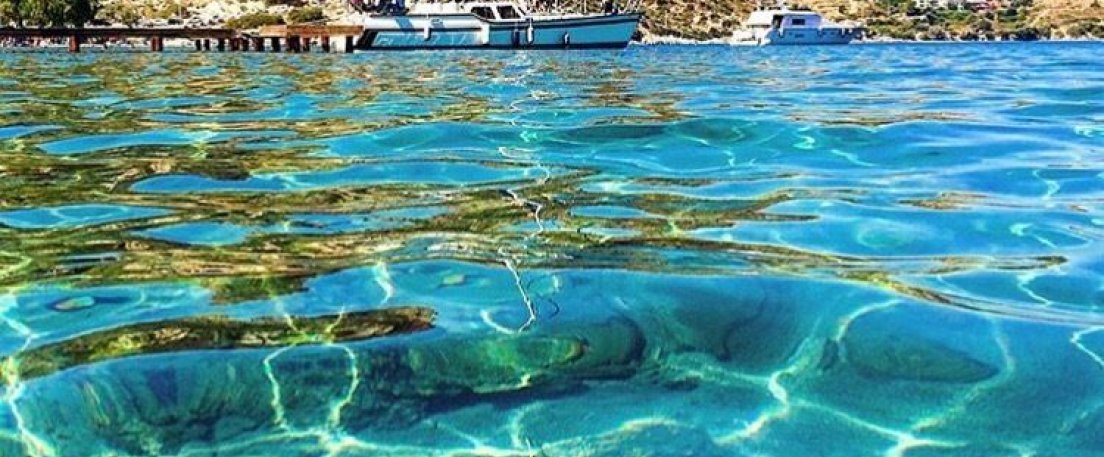


“It is to Datça that God sends his most beloved children!”
“It is to Datça that God sends his most beloved children!”
The beautiful and varied landscapes, rich flora, fresh air, and pristine sea of Datça’s peninsula combine to make it one of the most desirable of all places to live in today’s frayed and weary world.As protection against land invaders, the inhabitants of the prized lands of ancient Cnidus first decided to transform their peninsula into an island, and so began digging through the Balıkaşıran area. However, when this difficult project began leading to the deaths and illnesses of many its workers, they decided to consult with the oracle-priestess of the temple of Delphi. The response left nothing to doubt: It would be useless to either dig through the isthmus or to raise walls, because if Jupiter had felt the need to do so, the god himself would have turned this place into an island!
The beautiful and varied landscapes, rich flora, fresh air, and pristine sea of Datça’s peninsula combine to make it one of the most desirable of all places to live in our frayed and weary world.
The shores of the Datça peninsula are dotted with exceptionally beautiful inlets of all sizes. Serving as awe-inspiring surprises to those touring either by sea or overland, these inlets, whether large or small, boast waters that are clear and luminous, with colors that dance and modulate according to the time of day, luminescent with almost every shade of green and blue imaginable. The roads meandering through the forested interior are also full of surprises. Suddenly the bowered road becomes a route cutting through a canyon, flanked on either side by moss covered vertical rocks wet with spring water coursing out of the rocky face. The pine, oak, myrtle, gumwood, and carob trees of the forests infuse the vibrant air with their irresistible perfumes. Datça’s famous almond and olive groves, its citrus orchards and flowering vines are apt witnesses to a past that stretches all the way back to ancient Cnidus and are examples of flora native to the area. It was not for nothing that the Greek philosopher Strabo, who lived around 64 BC, said, “It is to Datça that God sends his most beloved children!”
Reliving history in Old Datça
The ancient stone houses standing proudly in the oldest settlement in Datça, the Reşadiye district -- or Elaki as it was once known - are woven seamlessly into an urban texture that transports modern visitors to the region’s historic past. The old stone houses and cobble stone alleys of this perfectly preserved Old Datça neighborhood have retained their historical look and appeal, making it the most authentic town in the entire peninsula. Turkey’s beloved poet, the late Can Yücel, spent his last years in Datça and it was here that he was buried in accordance with his final wishes. The spirit of this remarkable man of letters continues to be a driving force in the town as his traces can be felt and seen almost at every corner. Local shops sell copies of his poems and other works and also offer other souvenirs that are typical of the area.
Once the approaching visitor has passed the traditional windmills waving a welcome from their perch along the road in the Kızlan area, the center of the small holiday resort of Datça comes into sight, delighting and impressing guests with its understated beauty and simplicity. Nearby -- and not to be missed -- is the village of Hızırşah, with its pottery workshops dating to the 4th century BC. Here visitors can enjoy the rural silence of the valleys, forests and rocky promontories.
Driving westward brings us to the magic and beaches of the area, with giant rocky outcrops that display the miracle of nature and the savage beauty of the peninsula. No one has ever tired of swimming in the splendid water at Kargı.
The peninsula of Datça is a paradise of inlets. Turnıng towards the sea at the Mesudiye junction brings us to the postcard-beautiful Hayıtbükü. Turning left at Hayıtbükü next leads us to Kızılbük (Gabaklar), a peaceful paradise surrounded by palm trees. Further on, Palamutbükü boasts a kilometer-long seashore, the waters of which are the clearest and bluest of the whole world. Those with time to spare can even count the colorful pebbles lining the sea’s floor.
Even if a bit difficult, the road leading to the ancient city of Cnidus, where history and the beauty of nature form a perfect pair, is worth the effort for the way is resplendent with such natural beauties as pine forests, red and black rocks formed by the cooling of volcanic lava, and views of the vast almond and olive groves that serve as the main livelihood of the area. Once we have crossed the Necropolis, the last part of the road provides us with uniquely beautiful and enchanting views of Cnidus’s terraces and ports.
As we sip on our favorite beverage while watching the sun dip into one of these beautiful inlets we may be led to praise God for accepting usas one of his beloved children, one who has been granted the opportunity of witnessing one of His most magnificent creations.

